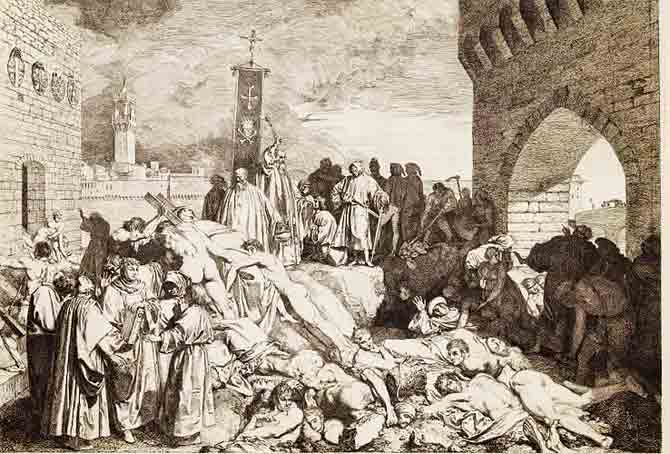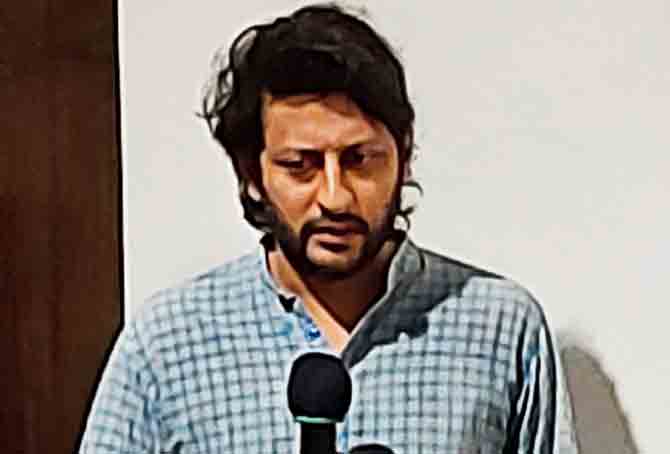A new online course by a city-based institute attempts to understand COVID-19 through global historical perspectives of similar crises

AS trying as we may find to live through our current predicament, this is not the first time that the world is witnessing a pandemic or a lethal crisis. A simple Google search will lead you to the infamous Black Death or the bubonic plague that devastated Europe in the mid-1300s; the Dancing Plague in Strasbourg in the 1500s; waves of cholera in the 19th century; and influenza and smallpox in the 20th century, apart from the several famines and rounds of imperialism that ravaged the world. Thus, in order to understand the Coronavirus and how it is affecting our socio-political systems, it is important to look at it from a global historical perspective.
ADVERTISEMENT
This is exactly what the Bombay Institute for Critical Analysis and Research's (BICAR) new online course aims to do. Professor and director of BICAR, Rohit Goel, explains, "Usually, when a crisis hits us, we panic. A lot of politics, economics, and in this case, policies on preventing the spread of the virus are developed in a vacuum of thought. The course offers a space for the faculty and students to think in times when everyone tends to flee thought and fantasise that everything is actually normal, or will return to normal soon."

Boccaccio's The plague of Florence in 1348 depicting the Black Death. Pic/wikimedia commons
The 10-session course, the result of a collaboration between BICAR and art gallery Project 88, will be spread over a month, with two classes every week. During this time, students will deep-dive into historical and contemporary analyses by historians, economists, sociologists, philosophers and theorists like Karl Marx, Max Weber, Giovanni Arrighi, Carlo Ginzburg and Slavoj Zizek, among others, while living through a pandemic themselves. "The idea is to situate this current pandemic in the long history of crises in capitalism, the recurring booms and busts, beginning with the late 15th century Italian city-states. What leads to cyclical business collapses in capitalism and why do we return to it instead of finding alternative ways of organising ourselves? The course will explore COVID-19 through the history of what author Naomi Klein has called 'disaster capitalism'," shares Goel, who will be presiding over the classes.
He adds that signees don't need to have any background of the topic. The syllabus and reading material will be sent in advance and the classes will be conducted on Zoom. Goel says, "The significance of breathing and thinking in such trying times cannot be overstated. Most of our students finish our courses having learnt to think anew about foundational problems in everyday lives. There couldn't be a better time to think afresh than now."

Professor Rohit Goel
On Wednesdays and Saturdays, from May 9 to June 10
At 6.30 pm
Email info@bicar-india.org to register
Cost Rs 7,500 onwards
Catch up on all the latest Mumbai news, crime news, current affairs, and a complete guide from food to things to do and events across Mumbai. Also download the new mid-day Android and iOS apps to get latest updates.
Mid-Day is now on Telegram. Click here to join our channel (@middayinfomedialtd) and stay updated with the latest news
 Subscribe today by clicking the link and stay updated with the latest news!" Click here!
Subscribe today by clicking the link and stay updated with the latest news!" Click here!







